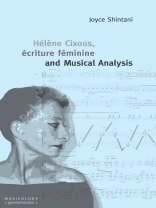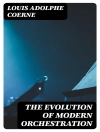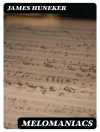Out of roiling French feminist theory in the 1970s, philosopher and writer Hélène Cixous developed the practice of lecture feminine – based on the notion of écriture féminine – as an analytic approach in her own seminars. In musicology, it wasn’t until the 1990s that gender studies introduced new attitudes as methods. Might Cixous’ lecture féminine serve as a historically rooted analytic approach for musicology and multimedia today?
A theory of otherness that brings the body into play with the intellect, that questions the validity of the text, that poetically encourages a collective and respectful approach to reading with an abundance of interpretations: All of these notions and more are included in lecture féminine.
The first extensive attempt to adapt lecture féminine to music analysis, the current volume offers experts and students in the areas of music, musicology, gender studies, and philosophy a concise introduction to this ‘method’. Terms such as feminine, the other, and phallogocentrism are discussed in relationship to poststructuralism, Lacan, Freud, and other thought.
Sobre o autor
A native of Los Angeles, California, Joyce Shintani pursued a career in conducting specializing in contemporary music until 1997, when she entered the music industry at Universal Edition Vienna and BMG Munich. When Napster brought the fusion and ultimate demise of BMG, she completed her dissertation on Gendertronics in Paris and taught ‘music theory and aesthetics after 1945’ at the University of Design Karlsruhe and in France until her retirement in 2012. She remains active as author in Stuttgart.












